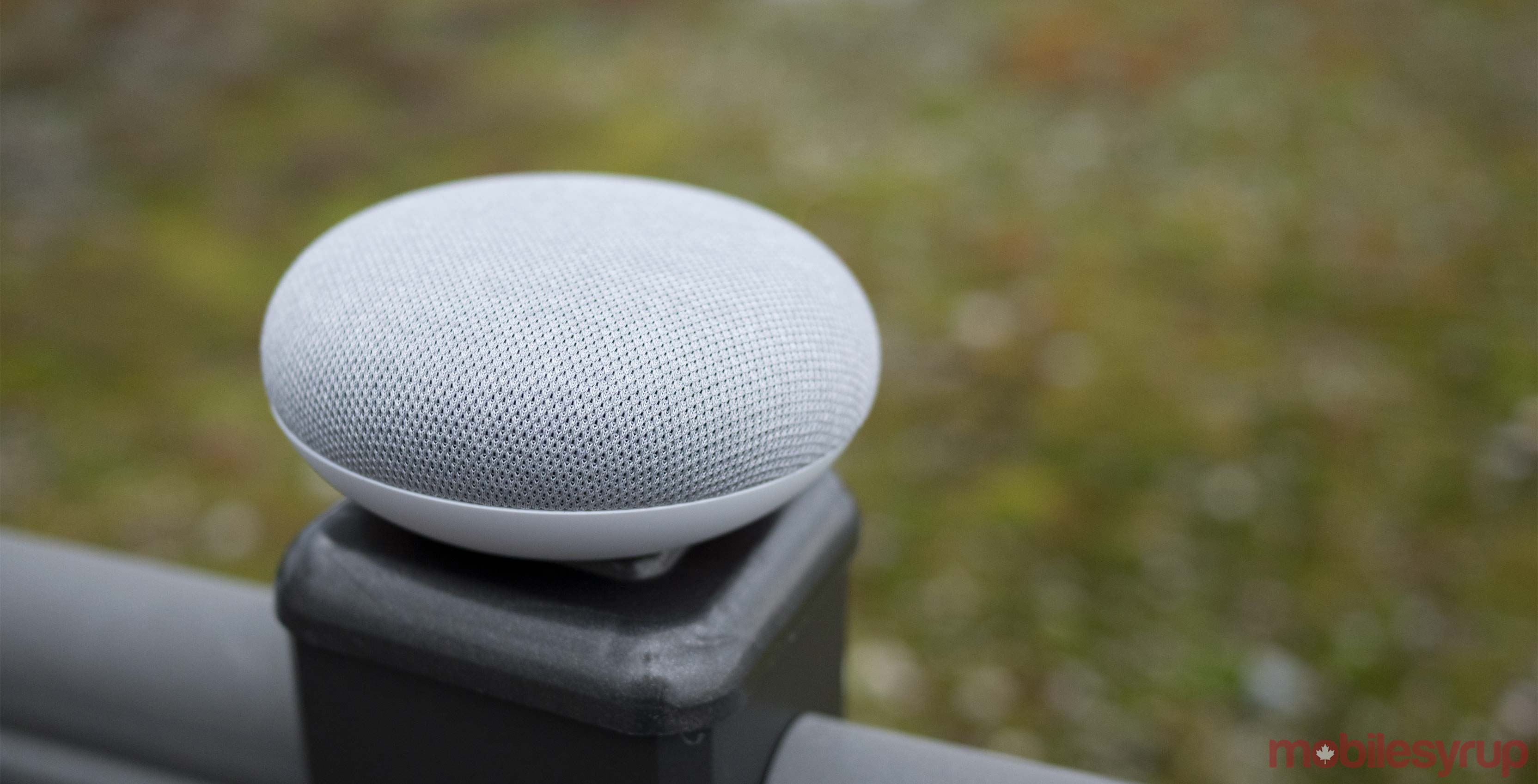
Through the summer, several tech companies received criticism for how they handled quality control of their digital assistants. Apple, Google and Amazon all came under fire for using humans to review and ‘grade’ these assistants.
Since then, those companies took steps to put control back into users’ hands. Google is the latest to do so. In a blog post, Google Assistant senior product manager Nino Tasca outlined changes to privacy and new tools the company added to Assistant.
To start, Tasca affirmed that Google doesn’t retain audio recordings by default and that this was always the case. However, Assistant now offers a setting called ‘Voice & Audio Activity’ (VAA). Users can opt-in to this when setting up Assistant.
VAA can improve Assistant’s ability to recognize users’ voices over time, as well as help it understand more languages and accents. It does so by leveraging small audio samples. Users can view past interactions and delete them at any time.
Additionally, Google will clarify its settings descriptions to better highlight that VAA may use human reviewers to improve speech technology.
If you already use Assistant, Google won’t use your audio until you opt-in
Existing Assistant users can review their VAA setting and confirm their preferences. Google says it won’t include users’ audio in the human review process until they allow it in the VAA setting.
Tasca also outlined how Google will protect the privacy of those who opt-in to VAA. The company won’t associate audio snippets with any user accounts. Additionally, language experts will only listen to about 0.2 percent of all user audio snippets.
Finally, Tasca wrote that Assistant already immediately deletes audio data from unintentional activations. Google will continue to improve this area and implement additional measures to identify and exclude accidental activations from the human review process.
New ‘Hey Google’ sensitivity setting and policy changes
Google also plans to implement a setting for users to adjust the ‘sensitivity’ of the “Hey Google” voice prompt. While it isn’t clear how this would work, the goal is to reduce the number of accidental activations.
Tasca closed out the post writing that Google will update its “policy to vastly reduce the amount of audio data [it stores].” For those who opt into VAA, the search giant will automatically delete data over a few months old. The new policy will come later this year.
Google’s approach seems similar to Apple’s. The Cupertino, California-based company recently outlined how it would disable its Siri ‘grading’ process by default. Users who opted-in to grading would have audio snippets reviewed by people.
Amazon, on the other hand, adjusted it’s privacy settings so that users had to opt-out of human reviews of audio snippets. Unfortunately, users still have to delete recordings manually.
MobileSyrup may earn a commission from purchases made via our links, which helps fund the journalism we provide free on our website. These links do not influence our editorial content. Support us here.


